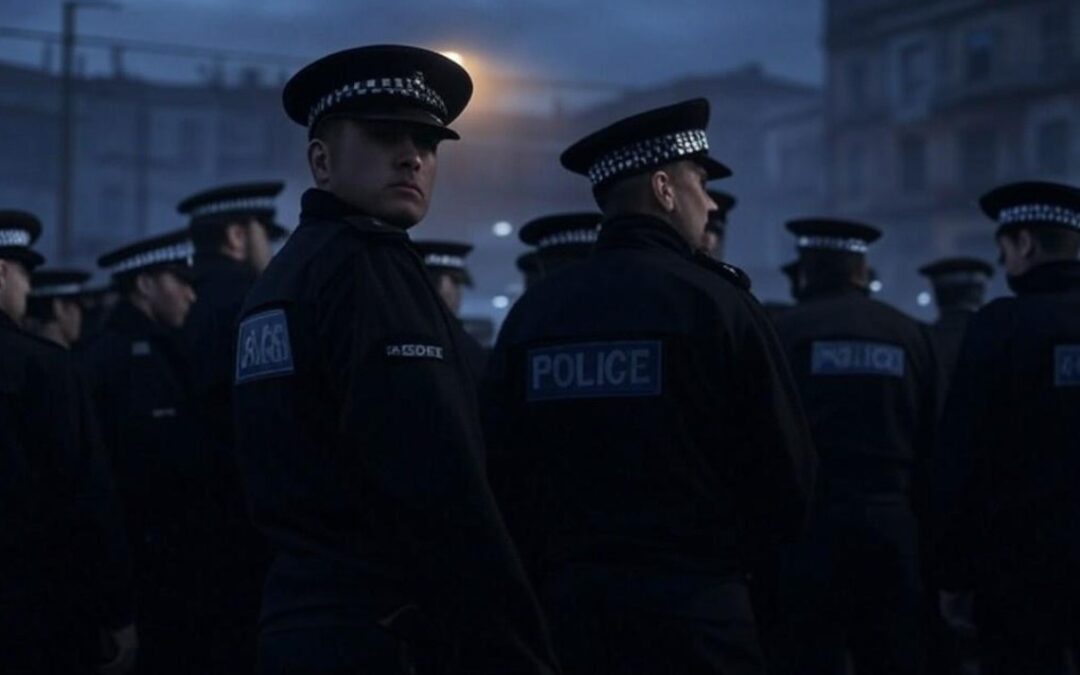By William Parker
Recently, as our readers have no doubt heard, the journalist Allison Pearson was visited by police who said they were responding to a complaint that she had “stirred up racial hatred” due to an old social media post, likely on Twitter.
Pearson proceeded to ask the officers who had made the complaint and what the specifics of the post were, but surprisingly the police said they could not give her that information. The idea that someone isn’t told who reported them, and what the supposed crime is reminds me of Franz Kafka’s work “The Trial”, in which a man finds himself persecuted without being given the reason why.
This, to all who are unaware, is what is known as a Non-Crime Hate Incident (NCHI) and it is a dangerous affront not only to free speech but, also, to ministerial power and parliamentary sovereignty. An affront fuelled by the menacing growth in the power of quangos. An affront that the current Home Secretary, Yvette Cooper, has pledged to take further.
Where does this insidious concept come from? Well, they originate from a document dubbed the ‘Hate Crime Operational Guidance’, published by the quango known as the College of Policing (CoP) which guides police forces in England and Wales.
The evolution of this concept sprang about in the wake of reports that the police were institutionally racist. You may find yourself thinking that NCHIs derive from democratic legislation, that the College of Policing was simply following the will of Parliament. Well, I’m afraid that is not the case.
This is a term invented by the CoP. There have been calls and attempts to limit the uses of this type of incident. Notably, Home Secretaries Suella Braverman and Priti Patel have told police to cease pursuing these reports. There was also a court ruling that the use of NCHIs in their current form was an unlawful interference with free speech.
You may find yourself thinking that NCHIs derive from democratic legislation, that the College of Policing was simply following the will of Parliament. Well, I’m afraid that is not the case.
You might think that was the end of it, that free speech prevailed. Yet welcome to Britain in the 21st century, where the battle for free speech is never-ending. No, instead the use of NCHIs increased despite these interventions.
NCHIs consider prejudice or hostility to be anything that is motivated by ill-feeling or dislike of another based on social characteristics. This may sound to you like the policing of thought, and that’s exactly what it is. If someone reports something you have said online, then a NCHI can show up on your permanent record.
This means that prospective employers can and will see that it has occurred, which can be hugely damaging to someone’s life and career prospects in general. The police justify this Orwellian measure by saying it prevents a more serious crime being conducted later down the line.
‘This idea goes against everything we are taught about both the presumption of innocence and due process. Even more maddening is the fact that the so-called victim doesn’t even have to justify their accusation, merely making the accusation is enough.
The police justify this Orwellian measure by saying it prevents a more serious crime being conducted later down the line.
Someone can be placed on a list and not even know it. We all have a responsibility to lobby MPs on this matter, to show them the consequences of the CoP’s guidance and bring about a change in the law.
But most importantly, this demonstrates that fundamental conservative values cannot be protected with a damaged constitution.
The explosion in the number and power of quangos is completely against the British constitutional tradition. If Nigel Farage or Kemi Badenoch have any political sense, they will realise that the erosion of this constitutional tradition works actively against their ideological objectives too.
Civil liberties are not guaranteed, they must be fought for. Britain must not become the same as some authoritarian societies. We must preserve our freedom at all costs and NCHIs fly in the face of that fundamental value.

